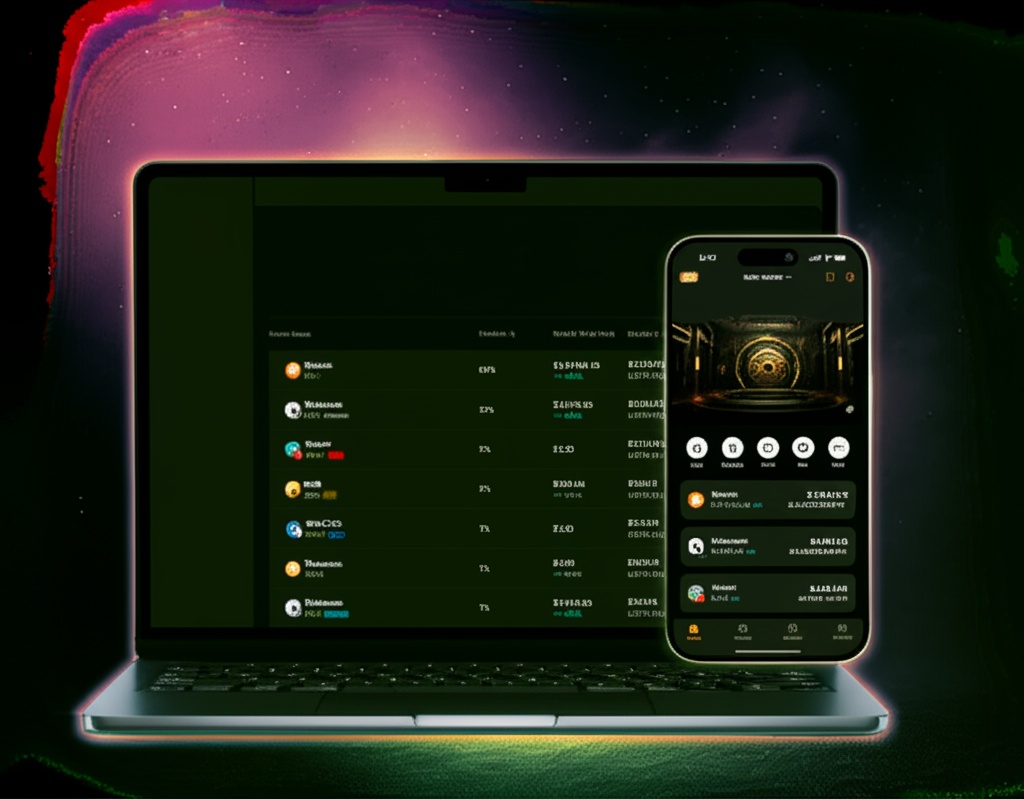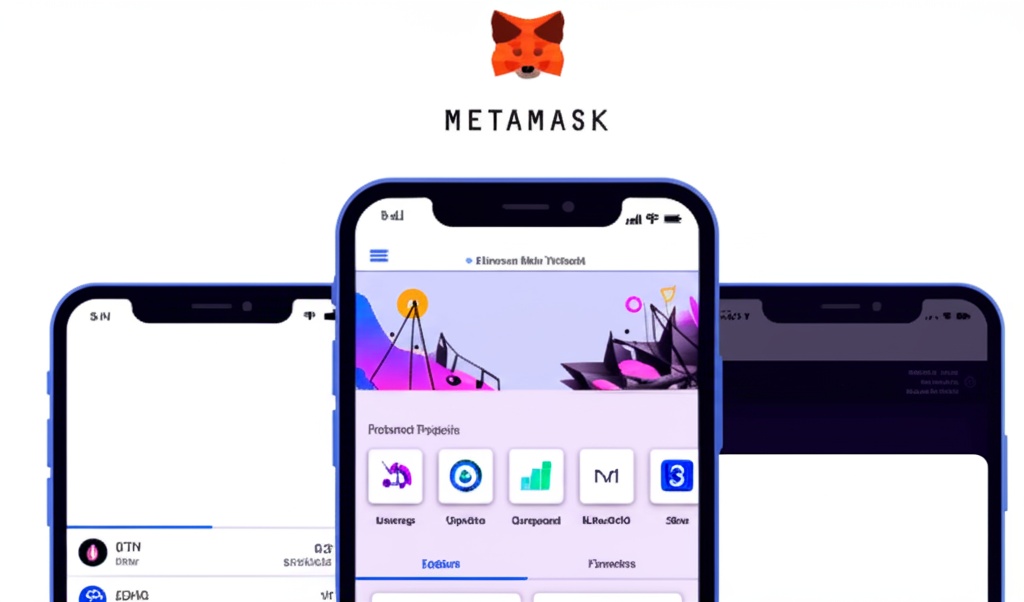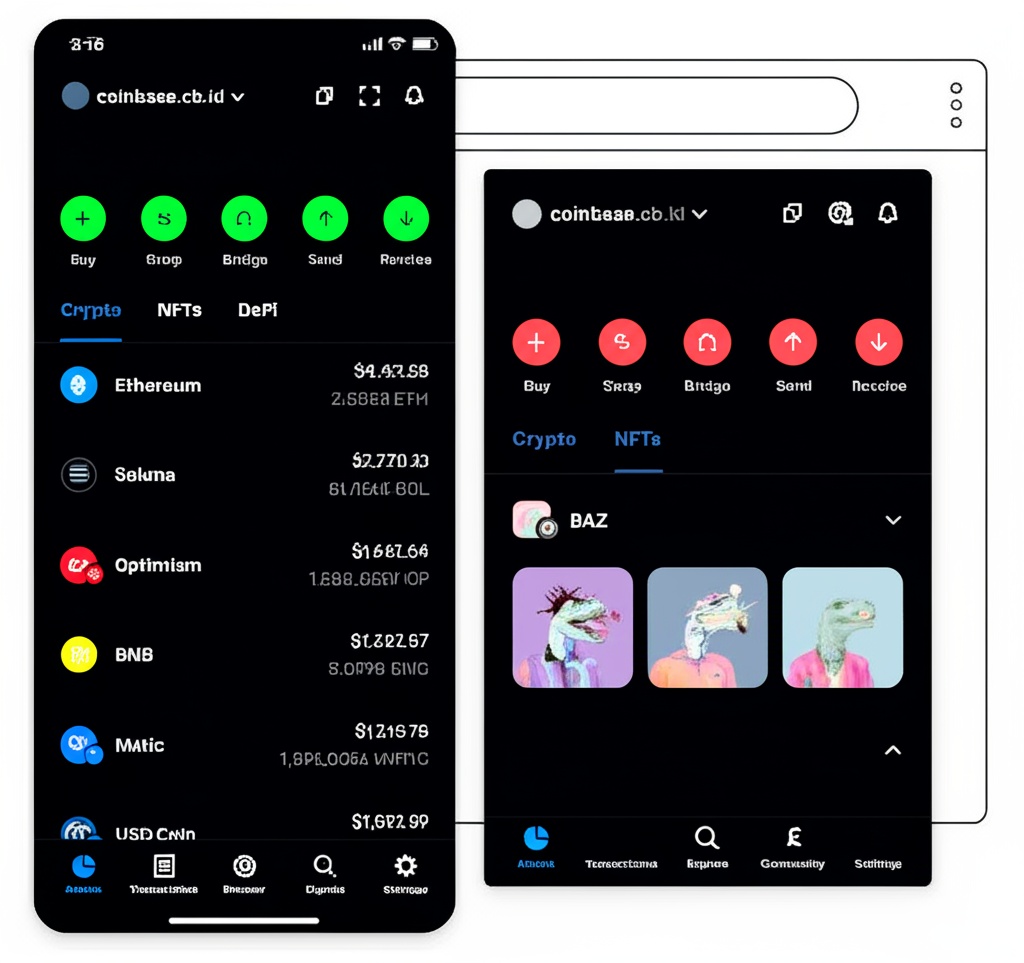What are crypto wallets? The ultimate wallet guide for 2025









Crypto wallets enable you to send and receive cryptocurrencies like Bitcoin and Ethereum by keeping your private keys, which are the passwords that grant you access to your funds, safe and easily accessible.
Table of Contents
Technically, a crypto wallet does not keep your cryptocurrency, in contrast to a regular wallet that can hold real cash. Although your holdings are live on the blockchain, only a private key can be used to access them. Your keys let you conduct transactions and serve as proof that you are the owner of your digital currency.
In this article we will learn what a cryptocurrency wallet is, the difference between hot wallets vs cold wallets, and dive into some of the best crypto wallet apps out there.
What is a crypto wallet?
An application that serves as a wallet for your cryptocurrency is called a crypto wallet. Because it functions similarly to a wallet in which you store cash and credit cards, it is called a wallet. It provides the interface that enables you to access your cryptocurrency and stores the passkeys you use to sign for transactions, in place of these tangible objects.
Everyone can access the blockchain thanks to contemporary blockchain wallets. Sending cryptocurrency was a laborious process that required entering lengthy keys when it was initially released. Nowadays, most of it is done for you by the software.
Satoshi Nakamoto, the creator of Bitcoin (BTC), had the first wallet. Hal Finney, who supposedly ran the BTC client software wallet initially and corresponded with Nakamoto, owned the second wallet. The cryptocurrency frenzy started when Nakamoto sent him ten BTC as a test.
Almost all crypto wallets have their dedicated cryptocurrency wallet app which users can use to store and withdraw crypto from online crypto exchanges.
Now that we know what cryptocurrency wallets are, let’s dive into the key difference between a cold crypto wallet and a hot wallet.
Types of crypto wallets: Hot wallets vs cold wallets
Hot and cold wallets are the two primary varieties of cryptocurrency wallets. Let’s discuss them one by one.
What is a hot wallet?
A third party hosts hot wallets, also known as online or custodial wallets, and keeps your keys on their behalf. These types of wallets might offer enterprise-level data security solutions that companies utilize to protect and preserve their data. Customers of certain crypto exchanges can access hot wallets.
Applications for PCs and mobile devices are included in hot wallets. These wallets can access your cryptocurrency, conduct transactions, show your balance, and do a lot more. They can be installed on a desktop or laptop computer. If you’re using a wallet created by a cryptocurrency exchange, some software wallets can come with extra features like exchange integration.
What is a cold wallet?
Cold wallets or non-custodial wallets are ones where you are in charge of keeping your keys safe. The majority of crypto hardware wallets are cold wallets and considered a safer option than online wallets for obvious reasons.
Since you can store and retrieve your private keys from your device, crypto cold wallets are the most widely used kind of wallet. These gadgets may seem like USB drives, and contemporary hardware wallets come with a number of functionalities.
By connecting the hardware wallets for crypto to your computer or smartphone, you can conduct cryptocurrency transactions. The majority of them have the capacity to instantly sign cryptocurrency transactions without you having to enter the key, preventing hackers from recording your screen or logging your keystrokes.
Now that we have identified the key differences between hot and cold wallets, let’s answer the most important question: what are the best wallets for cryptocurrency?
What is the best crypto wallet?
Since the inception of crypto wallets, hundreds of wallets have flooded the market and it can be difficult to identify the right one. We make it easy for you and here we list the top five cryptocurrency hardware wallets.
- Trezor
- Exodus
- Ledger
- SafePal
- KeepKey
What is the best crypto mobile wallet?
- Coinbase Wallet
- Metamask
- Trust Wallet
- Phantom Wallet
- Zengo Wallet
Conclusion: Choosing the right crypto wallet for your needs
Understanding what is a wallet in cryptocurrency is crucial for managing your digital assets securely and efficiently. Whether you’re just starting your crypto journey or you’re an experienced investor, selecting the right wallet is essential to protect your assets.
If you’re looking for a hardware wallet, devices like the Trezor wallet and Exodus wallet are highly regarded for their security features and ease of use. Trezor, for example, is considered one of the best crypto wallets for cold storage, providing offline protection of your private keys. On the other hand, Exodus wallet combines functionality with user-friendliness, allowing you to manage multiple cryptocurrencies with ease, and even stake assets for passive income.
For those looking to explore the world of decentralized finance, a DeFi wallet such as Zengo wallet offers robust security features, including face recognition and MPC technology, ensuring your funds are safe.
In conclusion, always ensure that your wallet of choice aligns with your investment strategy, provides the security features you need, and supports the cryptocurrencies you intend to use. Whether you’re looking for the best wallet for crypto or exploring the diverse world of DeFi wallets, the right tool can help you navigate the crypto landscape with confidence.


